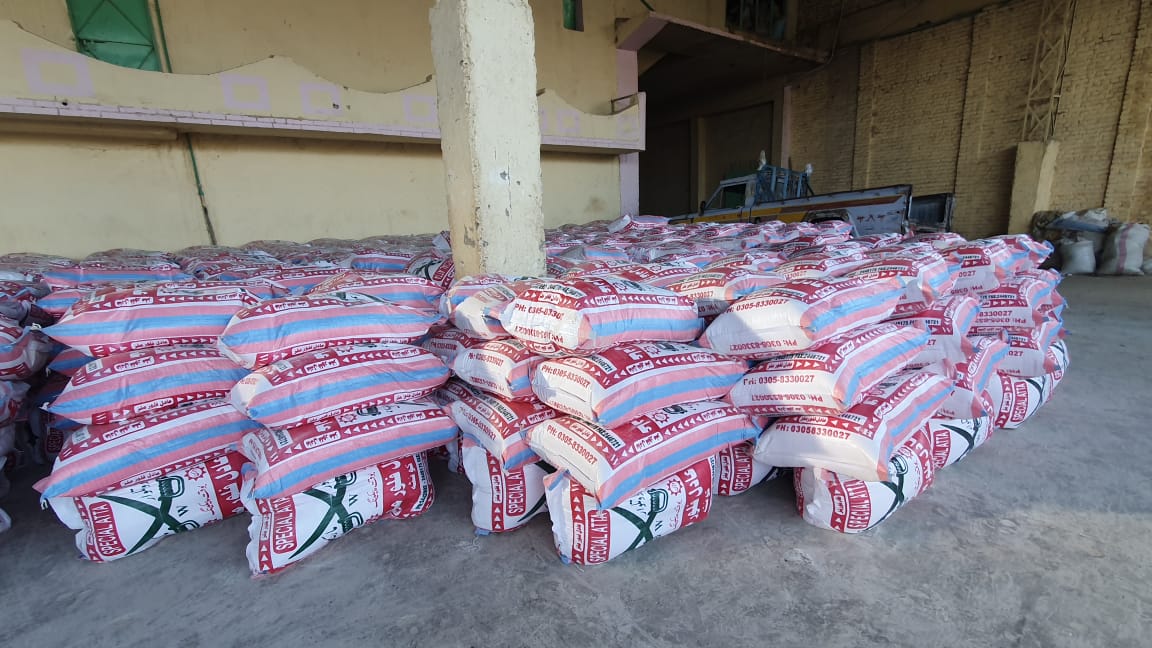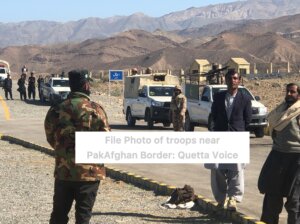Quetta Voice Special Report:
Balochistan faces a critical decision regarding wheat procurement, with potential savings of over ten billion rupees hanging in the balance. Currently, the province boasts a stockpile of 800,000 bags of wheat, each weighing 100 kilograms, stored since the previous year. However, with a total storage capacity of only one million bags, excluding the hottest areas like Sibi and Naseerabad where the perishability rate is notably high, concerns over storage logistics intensify.
Adding to the complexity is the stark contrast between the open market price of wheat, hovering below Rs. 3000 per mound, and the government of Balochistan (GOB) rate set at Rs. 4000 per mound. This significant difference in rates threatens to incur a loss of more than 2.5 billion rupees if additional wheat worth 5.5 billion rupees is procured at the GOB rate.
Critics argue that this procurement strategy primarily benefits a select few rather than the struggling farmers, exacerbating inequalities within the agricultural sector. Instead, they advocate for diverting resources towards more sustainable agricultural practices, including the cultivation of cotton, edible oil, pulses, and animal fodder. Such a shift not only reduces import dependency but also stimulates growth in industries related to these crops, such as textiles, edible oils, and meat processing.
In the short term, avoiding wheat procurement would utilize the existing reserve, mitigate the risk of overspending on a depreciating commodity, and potentially curb food inflation, benefiting the lower middle class. Meanwhile, in the long term, this strategic realignment could erode feudal dominance in agriculture, spur industrial expansion, and create employment opportunities, particularly in underutilized sectors like cotton production.
The proposed reallocation of funds, originally earmarked for wheat procurement, towards infrastructure development in industrial estates across Balochistan holds the promise of transformative socio-economic impact. By prioritizing job creation and fostering a culture of wealth creation, this strategy aims to alleviate social conflicts and drive inclusive growth.
However, proponents of traditional wheat procurement argue for the need to address the underlying causes of high production costs and explore alternative crops. They contend that a comprehensive strategy encompassing policy reforms, legislative measures, and investment in infrastructure is essential to ensure sustainable agricultural practices and economic prosperity.
As Balochistan stands at a crossroads, the debate over wheat procurement underscores broader questions about agricultural policy, economic development, and social equity. The decision made in the coming days will not only shape the province’s economic trajectory but also define its commitment to sustainable growth and inclusive development.






